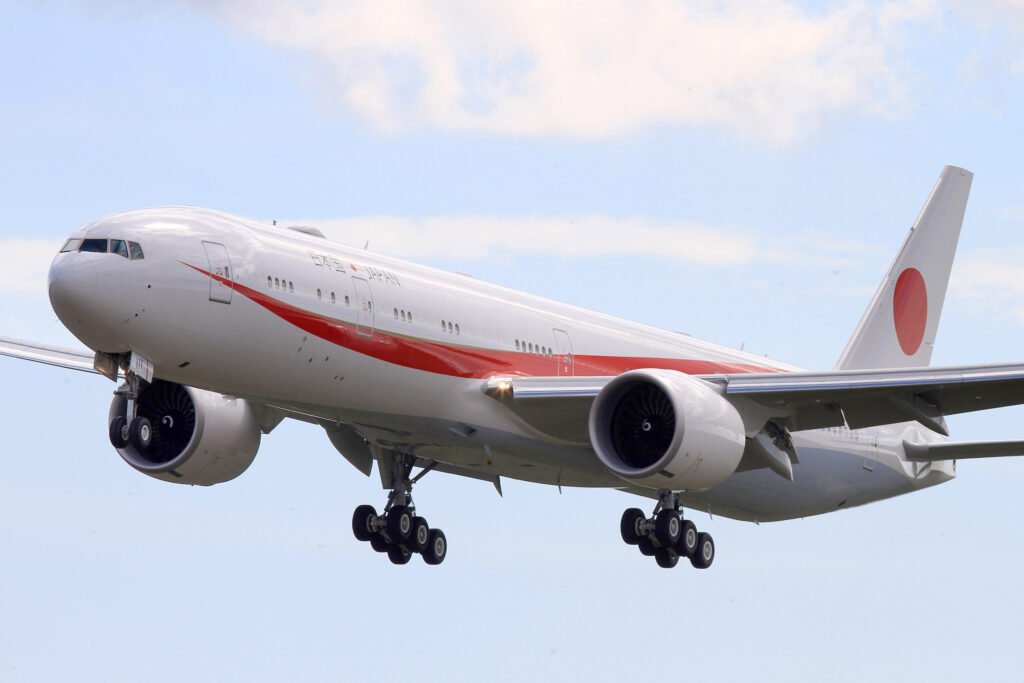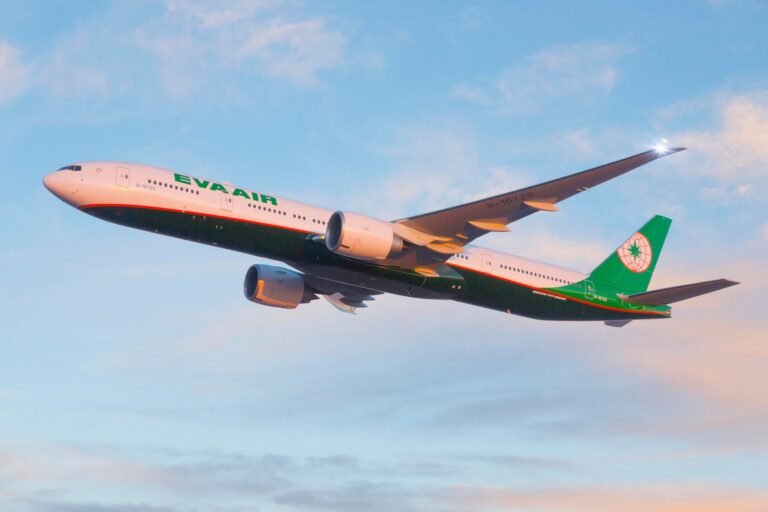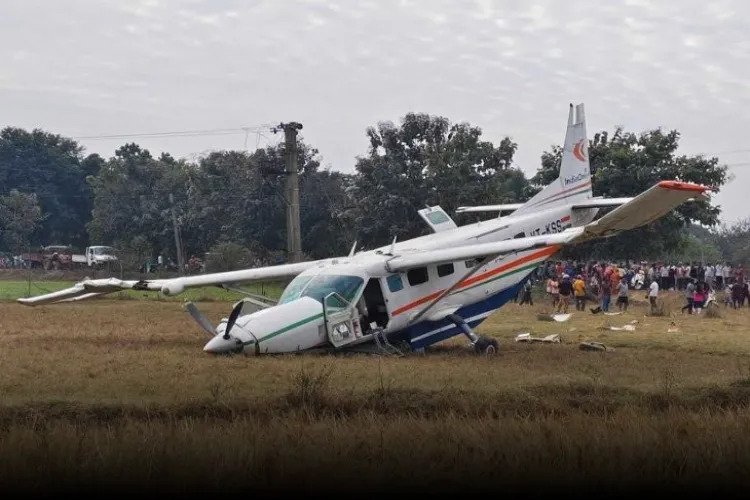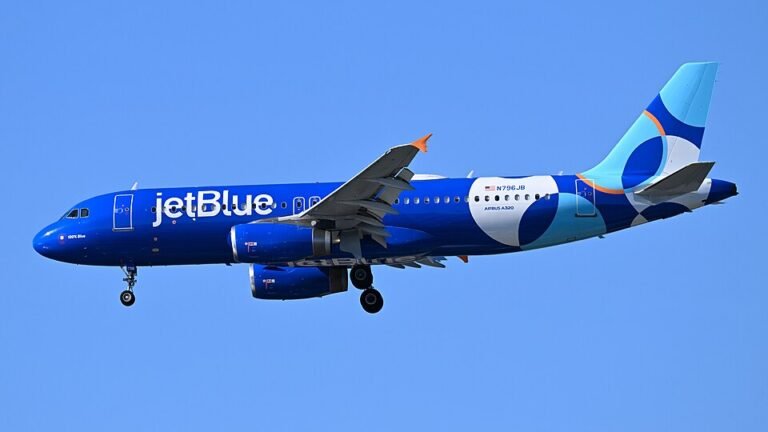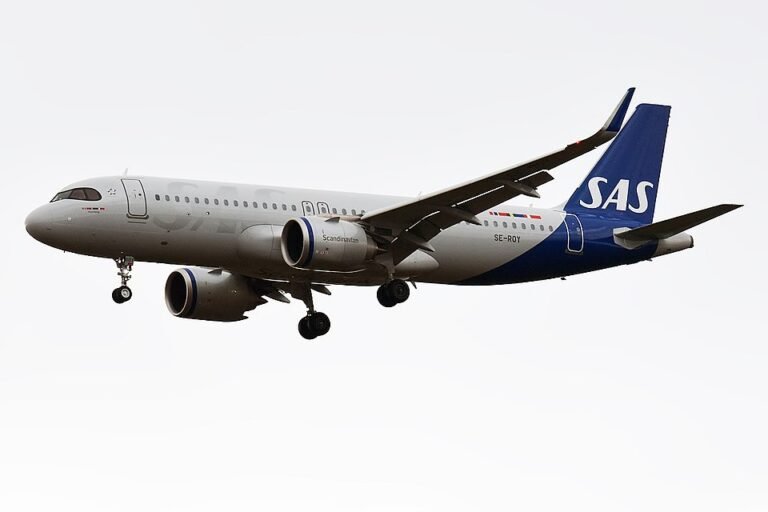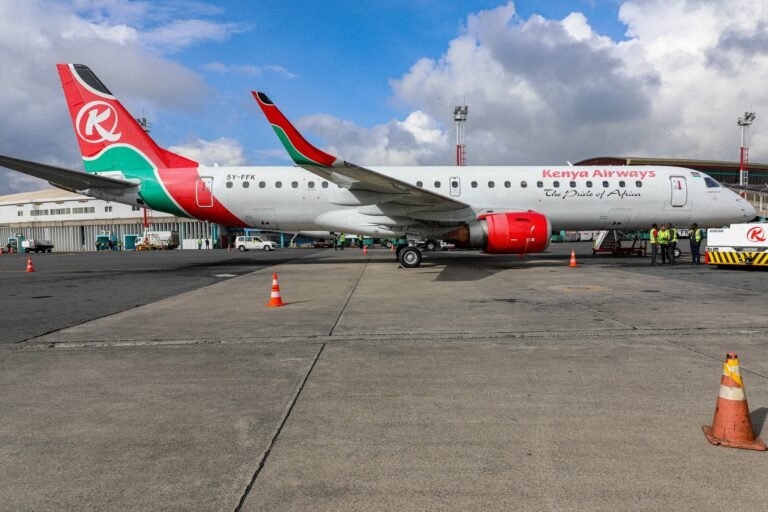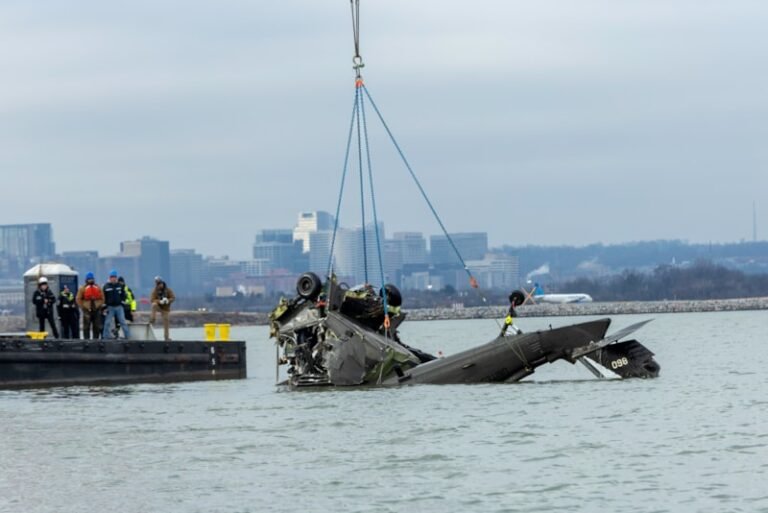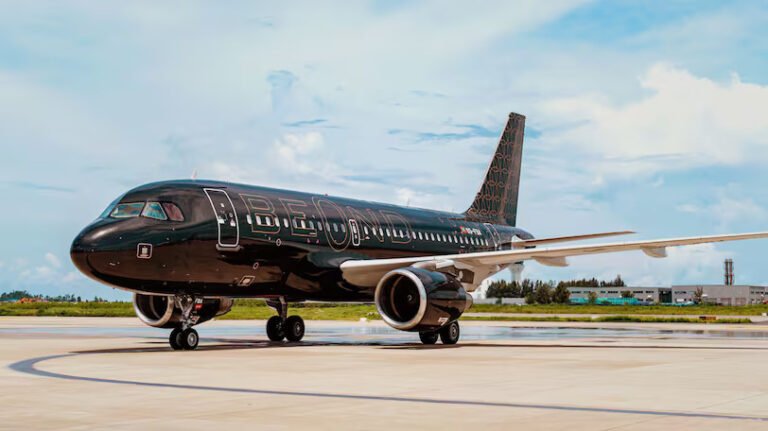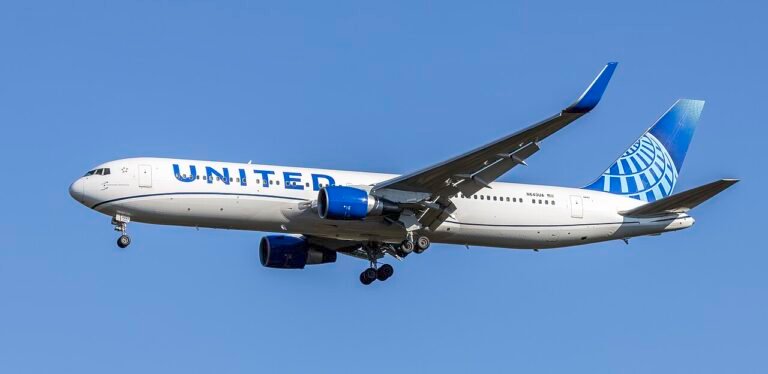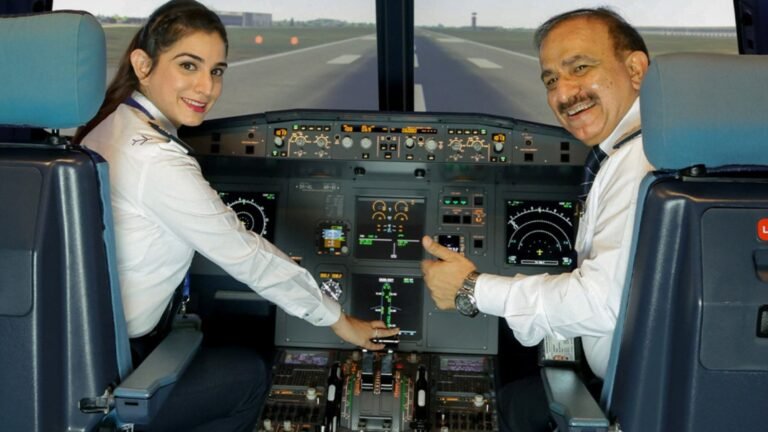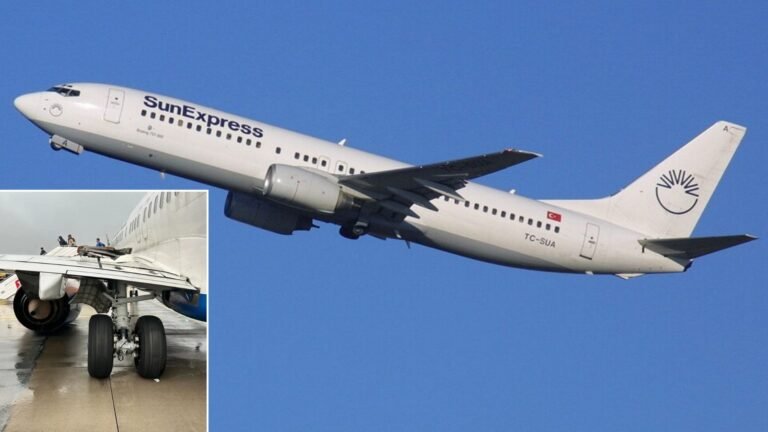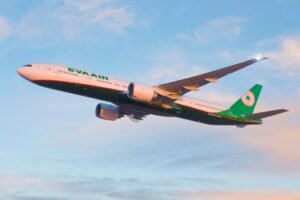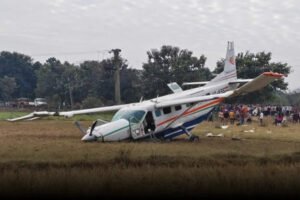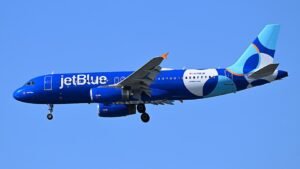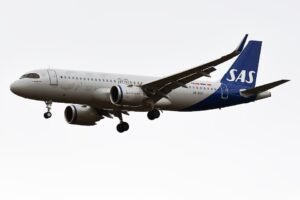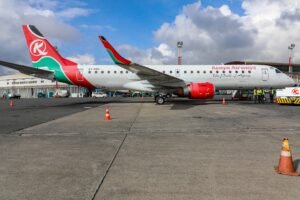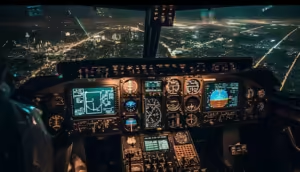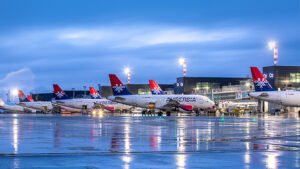Picture credits: Wikipedia
Seattle: Boeing has likely delivered the last of its 777-300ER aircraft, as its 2024 order and delivery records show just one unit dispatched during the year. This marks the conclusion of production for the widely popular long-haul aircraft, introduced in 2004.
The 777-300ER, powered by General Electric GE90 engines, was designed for efficiency and reliability, with a range of 7,370 nautical miles and the capacity to carry up to 392 passengers in a two-class configuration. It became a cornerstone of long-haul aviation, widely adopted by airlines for its performance and cost-effectiveness.
In December 2024, Boeing Commercial Airplanes CEO Stephanie Pope announced the resumption of production for several aircraft lines, including the 737, 767, and 777, following a machinists’ strike. However, the 777 program is now dedicated solely to the production of the 777X, a next-generation variant that has faced significant delays.
737 MAX Certification Challenges
Boeing is also addressing regulatory challenges for its 737 MAX 7 and MAX 10 aircraft. On January 17, 2025, the company requested temporary exemptions from the Federal Aviation Administration (FAA) to meet updated safety standards for its stall-management yaw damper (SMYD) system.
The SMYD system was recently reclassified to stricter “Level A” safety standards, which apply to systems where failures could result in catastrophic consequences. Boeing has proposed a compliance timeline extending to October 2028, allowing time for retrofitting delivered aircraft to meet the new requirements.
The exemption would also enable Boeing to introduce an enhanced angle-of-attack (AOA) system across all 737 MAX models. The company has assured that current operational 737 MAX aircraft are unaffected by these certification issues.
Ongoing Regulatory and Production Efforts
This exemption request follows a similar move in 2023 when the FAA granted Boeing temporary relief from lightning and radiation standards for the 737 MAX 7. Boeing has emphasized that the SMYD system has a proven safety record, citing over 250 million flight hours.
Boeing plans to demonstrate compliance once certification for the MAX 7 and MAX 10 is secured, alongside the fleetwide implementation of the enhanced AOA system.
With the conclusion of the 777-300ER program and ongoing certification efforts for the 737 MAX series, Boeing continues to navigate production transitions and meet evolving regulatory requirements.
Stay tuned to Aviation Today for more aviation related updates.

